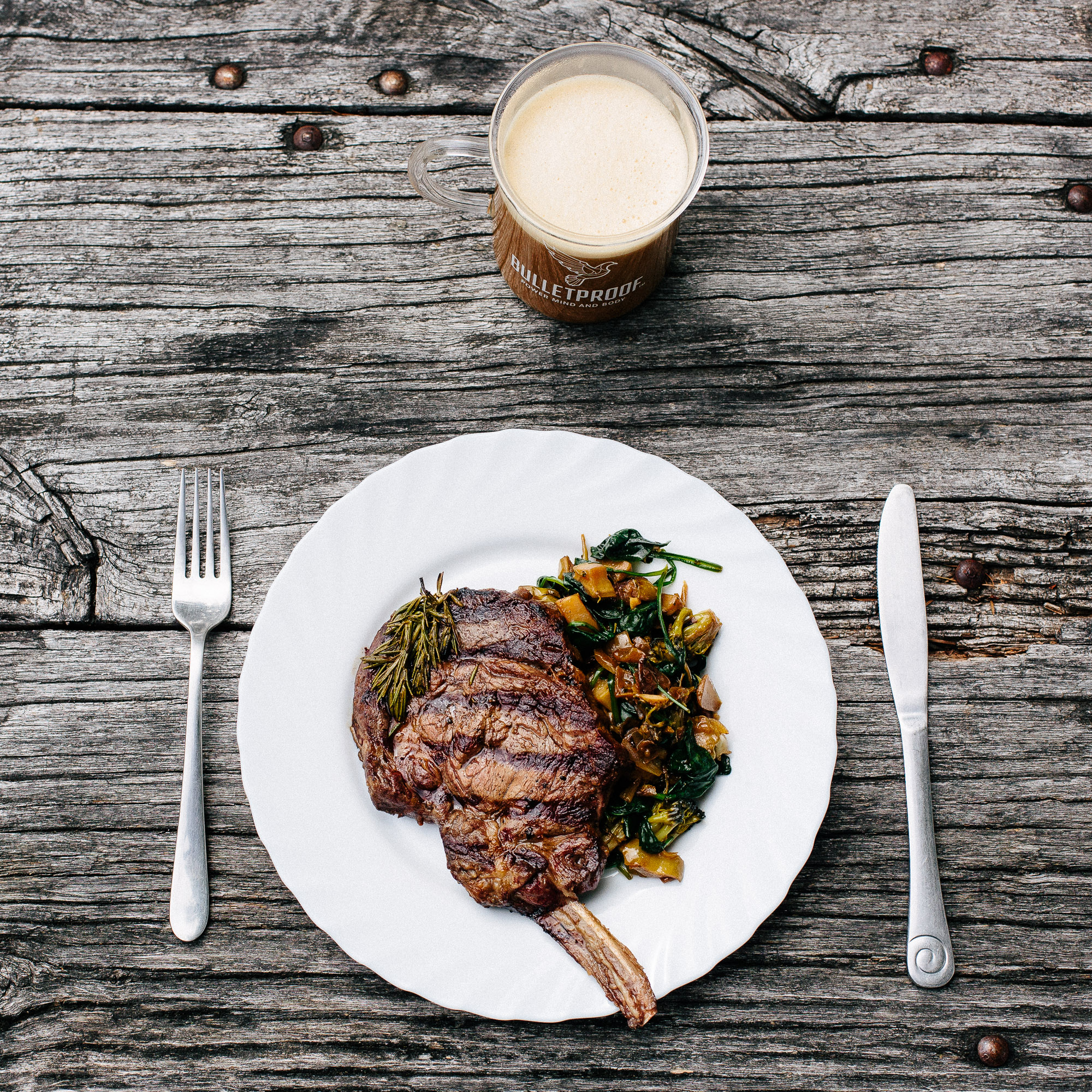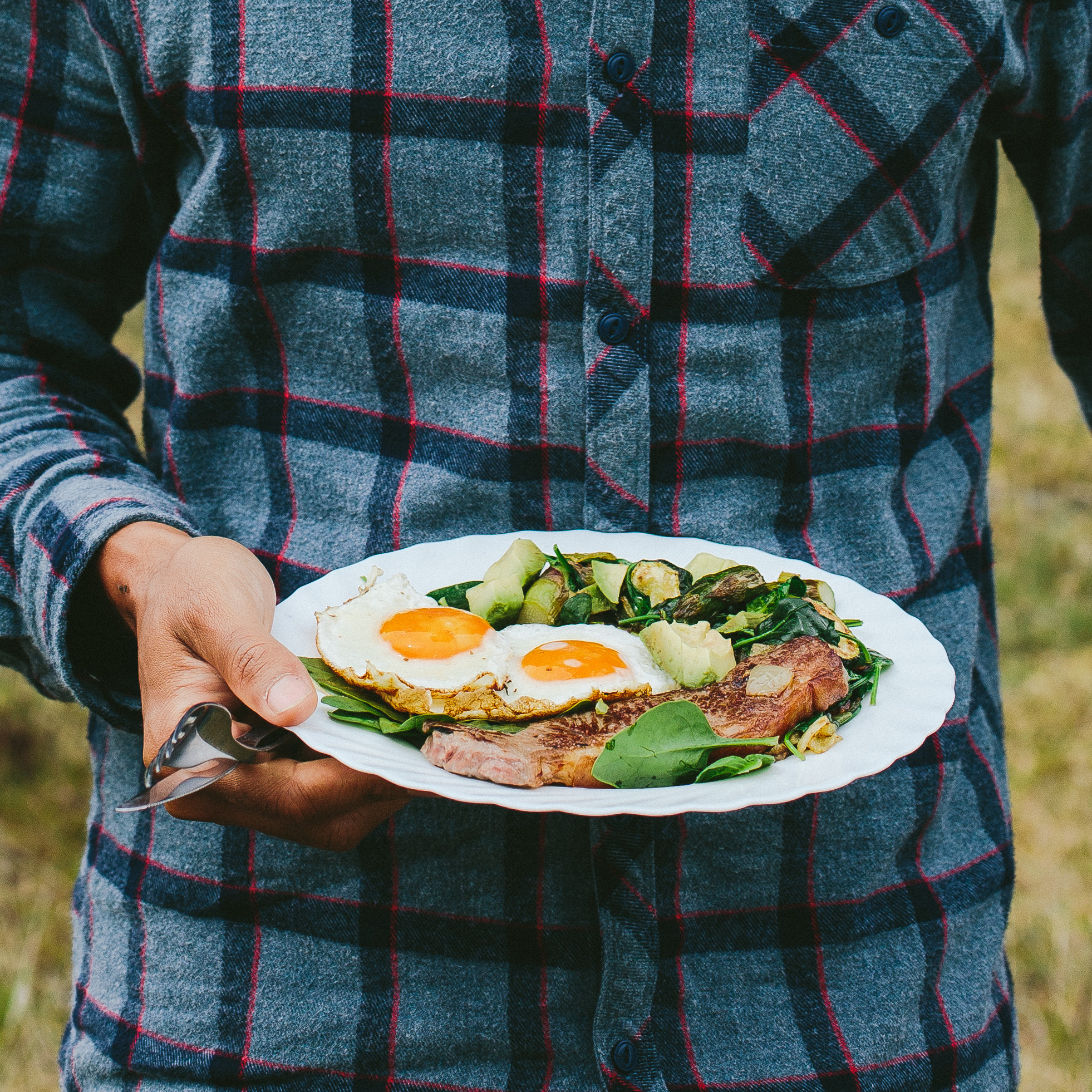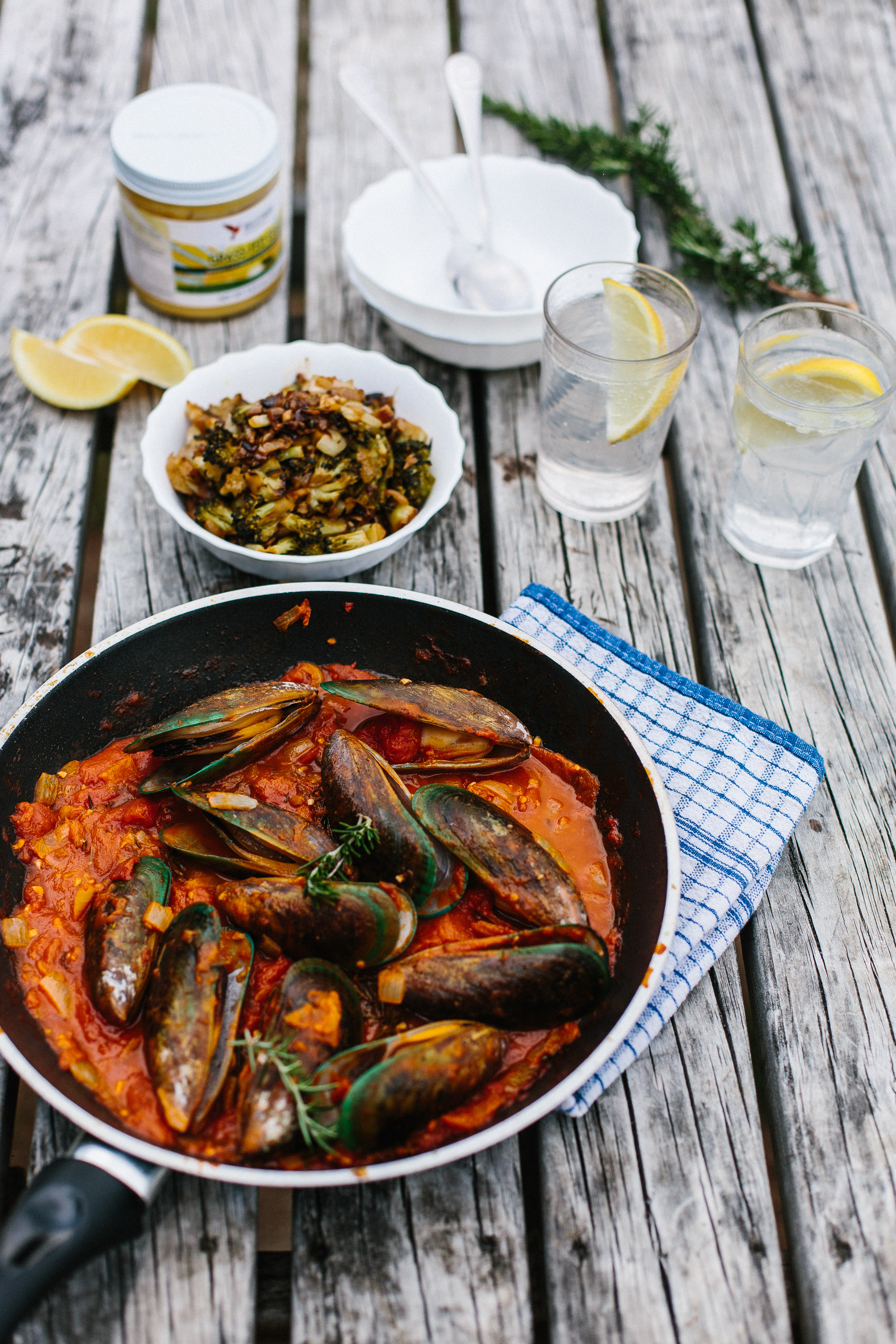‘I really need to detox after that holiday’. Who hasn’t uttered some version of this at some point after a particularly indulgent vacation? When traveling, trying new foods, and exploring new places, it’s completely natural to treat yourself to a little more than you normally would (and you should!).
I’ve recently come back home from a 3-week holiday in the South Island of New Zealand. I say this with lots of experience, eating healthy, real food while traveling abroad is only as difficult as we make it out to be. Real food truly is so simple, so keeping it that way made for a fun, stress-free trip without any sacrifices in deliciousness!
I’ve put together 4 tips that will make not only your travels but your return home a whole lot easier and healthier so you don't have to stress about doing some type of weird cleanse or detox when you get home. Because your “travel” may look different depending on the destination, you might choose to adapt some of these tips and recommendations based on whether you’ll be flying, road tripping, taking the bus, camping, glamping, couch surfing, staying in a hotel or Airbnb accommodation.
4 Simple Tips For Staying Healthy While Travelling
1. BRING YOUR NON-NEGOTIABLES WITH YOU
As much as it was annoying to my partner that I packed most of our non-negotiables, and that they took up so much precious space in our suitcases, they were honestly lifesavers and we used each and every one of them. The bonus was that we used nearly all of them up within the 3 weeks, so coming home our suitcases were so much lighter.
These are some of the things I like to pack;
Activated Coconut Charcoal (for detoxing and to help with any negative reactions to food such as bloating, diarrhoea, food poisoning etc)
Magnesium spray and a supplement (to speed up recovery of sore muscles from hiking
Coffee Supplies for our daily Bulletproof ritual (bulletproof coffee beans, brain octane oil and our insulated travel mug)
Organic Macadamias & Cashews (for hiking and every day snacks)
Bulletproof Protein Bars (for hiking and snacks - we preferred the chocolate flavour over the vanilla as it was a little too sweet for our taste buds
Dehydrated bone broth (for the anti-inflammatory properties and for gut health) I added this to most of our meals for additional gut support and flavour
A small shaker of quality himalayan salt (this was essential to boost the flavour of meals and for the natural mineral content and so we didn’t have to use refined and bleached salt)
Just a little sustainability tip: I recommend taking your own reusable water bottle with a filter built in (so you don't have to worry about parasites, bacteria or chemicals in your drinking water) and a coffee travel mug to use throughout your trip. This will eliminate the cost and waste of endless amounts of plastic water bottles and cups that can add up while traveling.
For loads more tips and advice on what food and supplement you can take with you (and why), see my Gutventure Travel Guide (eBook).
2. KEEP YOUR MEALS SIMPLE
My natural inclination at home is to cook the best meals I can using beautiful cuts of meat or seafood, lots of homemade spices or herbs and a wide array of fresh produce. Sometimes this just wasn’t feasible in New Zealand because quality meat in general can be more expensive and buying large quantities of several spices to make my own mixes would end up being a waste for our short three-week holiday. Fresh produce wasn’t as abundant as it is on the Sunshine Coast and the selection was mostly limited to what’s available in the area. We quickly learned that our meals needed to be very, very simple, especially when cooking in a camp site, freedom camping or over the fire. Some of the meals I made during our van experience included; sushi (easier than it sounds/ looks) and makes a great hiking snack because the temperature was so cool it didn’t need refrigeration, curry with lots of veggies, spaghetti sauce with lots of veggies incorporated and sometimes served with a bit of rice, and often a simple fry up of asparagus or zucchini with spinach, scrambled eggs and some spicy kim-chi on the side. As long as it was real food, what it looked like on a plate didn’t matter to us.
3. BALANCE YOUR MEALS
My partner and I have been eating a low carb,, gluten-free, gut healing diet for quite a while, which means lots of high quality fats in our diet to keep us satiated for longer, meaning we eat less throughout the day. So eating only twice a day came quite naturally to us. We made sure to include plenty of quality fats, some sort of grass-fed NZ meat or seafood or eggs + veggies into each main meal we ate. We generally had a huge breakfast + a bullet proof coffee for an extra dose of high quality fats, and this would last us well into the afternoon so we would only need a small snack to get us through until dinner time. When you balance your meals like this you won’t be hungry as often, your blood sugar levels will be stable, your sugar cravings will diminish, you will eat less, your moods won’t fluctuate (no more hangry issues), you sleep better and generally feel better too.
4. LET GO OF THE GUILT
I learnt pretty early on that there was no use stressing about not being able to eat my usual organic diet because it was incredibly hard to find organic produce anywhere. The supermarkets we found only stocked limited amounts of organic produce (ie; organic avocados which cost an arm and a leg) or none at all. Some stocked a few organic dry goods like tinned tomatoes, rice cakes and nut butters, but most were still quite limited or still contained some nasty ingredients. Luckily for us there were free-range eggs everywhere on the sides of the road, NZ grass-fed beef and lamb + NZ fish to choose from. Organic or free-range chicken and pork were a little harder to come by. Overall, I knew we were making the best choices we could with what was available to us.
While all of these tips can help you eat healthy food while traveling, the most important thing you can do throughout your trip is to not stress about food imperfection. In fact, one of the number one causes of digestive distress is STRESS. This means, you could be eating the most nutrient-dense, pristine diet there is, but if you’re stressed, you’re not only impairing the breakdown and absorption of your food, you’re also suppressing your immune system and increasing your likelihood of experiencing a reaction to a gut pathogen or food toxin. We also made sure we always ate in a relaxed and calm environment and chewed our food slowly to ensure we were digesting and absorbing all the goodness within our meals.
I hope some of my tips are able to help you on your next holiday.
DID YOU KNOW I HAVE A TRAVEL GUIDE ON HOW TO LOOK
AFTER YOUR GUT WHILE TRAVELLING?
It’s full of valuable tips, advice and solutions to help support your gut health, and overall health while travelling. It also includes 40 super easy and nutritious recipes including; gluten, sugar, dairy, grain, egg and nut free options that can be prepared in even the most basic of kitchens while you’re travelling.







